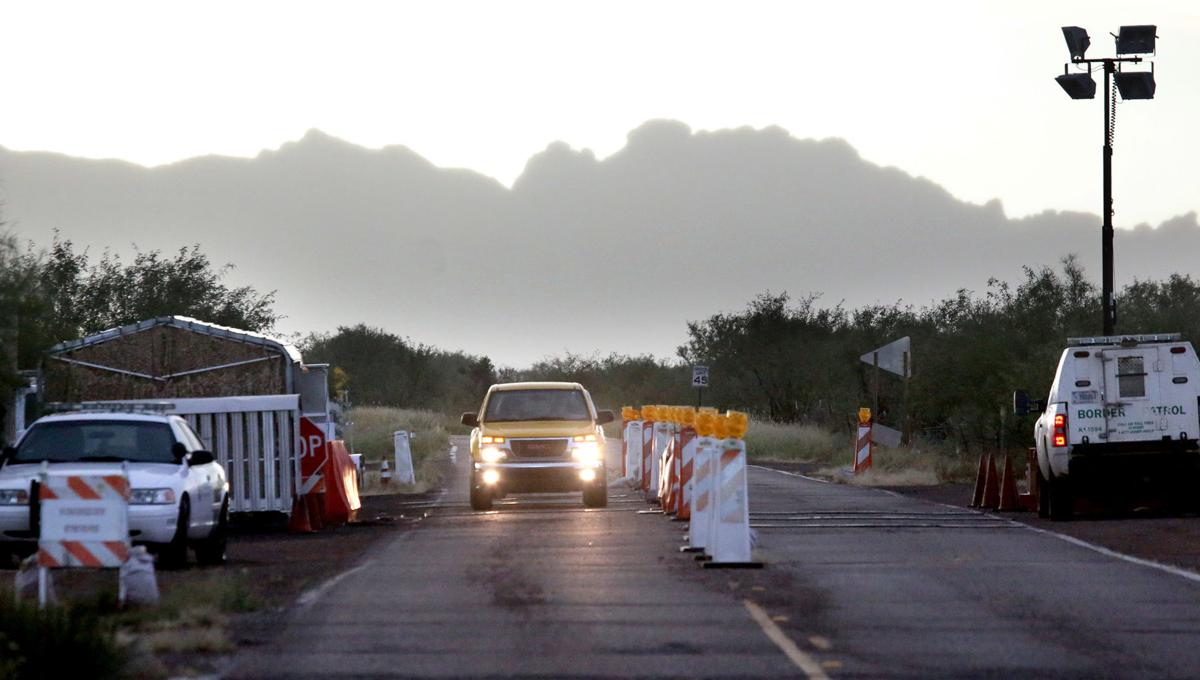A federal magistrate in Tucson is chiding the Border Patrol for trying to hide certain information from the public about its sometimes controversial checkpoints.
In a 55-page recommendation, Bernado Velasco said there is no valid reason for the Department of Homeland Security to refuse to provide records about the location of its checkpoints. The American Civil Liberties Union wants that as part of a broader look into the practices of the Border Patrol in stopping vehicles.
Velasco also rebuffed the contention by Homeland Security that requiring it to divulge information on the nationality and skin complexion of those who are stopped at either fixed checkpoints or roving patrols would be “an unwarranted invasion of personal privacy.”
And he scoffed at a bid by the agency to hide information about how accurate the dogs their agents use are in sniffing out people and drugs being smuggled.
“As long as the government asserts that its canines are reliable, it should not be able to avoid producing records about their reliability,” Velasco wrote.
The recommendation comes in a case the ACLU filed in 2014 on behalf of Derek and Jane Bambauer, professors at the James E. Rogers College of Law at the University of Arizona after the plaintiffs said that Homeland Security had not fully responded to their requests for records under the federal Freedom of Information Act (FOIA).
“The incidence of civil rights violations associated with Border Patrol’s interior enforcement operations, which include interior checkpoints and ‘roving patrol’ stops, is a matter of pressing public concern,” the ACLU wrote in filing the suit. It contends that the budget for U.S. Customs and Border Patrol more than doubled between 2006 and 2014, with a nearly commensurate increase in agents.
“As the agency has expanded, reports of Border Patrol abuses in the Arizona-Sonora region and throughout the nation have increased,” the lawsuit states. “Plaintiffs seek the requested records in order to shed light on Border Patrol’s extensive but largely opaque interior enforcement operations.”
Those checkpoints have been a continued source of contention between the agency and residents of Arivaca, who say agency operations interfere with their lives.
After the lawsuit was filed, the case was put on hold. Attorneys for the government said during that time the agency produced more than 13,000 pages of information.
Based on some of what it got, the ACLU in 2015 issued a report saying that abuse of travelers at Southern Arizona checkpoints was at “epidemic levels.”
Homeland Security lawyers now want the FOIA lawsuit dismissed, contending they have provided everything they need to disclose.





